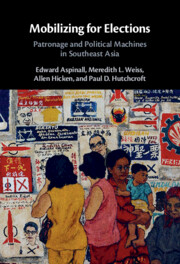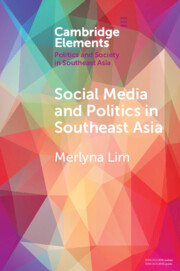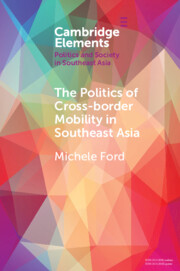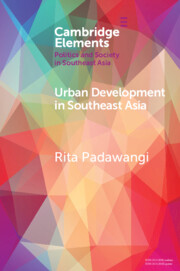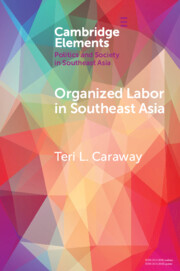Mobilizing for Elections
Politicians in Southeast Asia, as in many other regions, win elections by distributing cash, goods, jobs, projects, and other benefits to supporters, but the ways in which they do this vary tremendously, both across and within countries. Mobilizing for Elections presents a new framework for analyzing variation in patronage democracies, focusing on distinct forms of patronage and different networks through which it is distributed. The book draws on an extensive, multi-country, multi-year research effort involving interactions with hundreds of politicians and vote brokers, as well as surveys of voters and political campaigners across the region. Chapters explore how local machines in the Philippines, ad hoc election teams in Indonesia, and political parties in Malaysia pursue distinctive clusters of strategies of patronage distribution – what the authors term electoral mobilization regimes. In doing so, the book shows how and why patronage politics varies, and how it works on the ground.
- Offers a new framework for understanding how and why patronage politics differs in types of resources and modes of distribution
- Draws on a multi-year research effort involving hundreds of research collaborators across Southeast Asia
- Examines both cross-national and subnational variations in electoral mobilization strategies in Indonesia, Malaysia, and the Philippines
Reviews & endorsements
‘In exemplary fashion, this book manages to combine a significant contribution to the theory of democratic accountability and linkage formation between electoral constituencies and political elites with a thorough and subtle multi-method empirical analysis of partisan competition in three important, but often understudied Southeast Asian countries. Especially the conceptualization of electoral mobilization regimes – how partisan networks are intertwined with the deployment and targeting of resources on electoral constituencies – should resonate in the research community.' Herbert Kitschelt, George V. Allen Distinguished Professor of International Relations Professor of Political Science, Duke University
‘Mobilizing for Elections is a major contribution to studies of clientelism, patronage and elections. It fundamentally shifts attention away from micro-level, voter-broker-politician linkages and toward distinct electoral mobilization regimes through which politicians distribute resources, mobilize networks, and implement public policies. And drawing on extensive, well-executed research across Southeast Asia, it makes a convincing argument that historical legacies, institutional differences, and social-group characteristics explain the different mobilization regimes. This is a seminal study that cautions against assumptions that findings on clientelism transfer easily from one context to another, provides a framework for understanding different findings, and raises important new research questions.' Ellen Lust, Professor and Founding Director of the Program on Governance and Local Development, University of Gothenburg
‘[This] outstanding study … will be essential reading for all interested in Southeast Asian politics, but also for scholars working generally on subjects such as electoral mobilization, clientelism, patronage, ‘money politics’, and political parties.' Andreas Ufen, Perspectives on Politics
‘This book is a major pathbreaking contribution to the voluminous literature on the role of patronage in what is often described as 'defective' electoral democracies in and outside Southeast Asia. Every scholar interested in patronage politics has much to learn from this work.’ Yoshinori Nishizaki, Asian Affairs
Product details
August 2022Hardback
9781316513804
380 pages
235 × 158 × 25 mm
0.63kg
Available
Table of Contents
- 1. Patronage and Political Machines in Southeast Asia
- 2. Historical and Institutional Foundations: National Parties, Ad Hoc Teams, and Local Machines
- 4. Targeting Individuals: Don't You Forget About Me
- 5. Targeting Groups: Pork Barreling and Club Goods
- 6. Hijacked Programs: Using Public Policy for Patronage Purposes
- 7. Patronage and Identity: Domesticating Difference
- 8. Subnational Variation: Violence, Hierarchy, and Islands of Exception
- 9. Conclusion: Patterns, Permutations, and Policy Implications.

